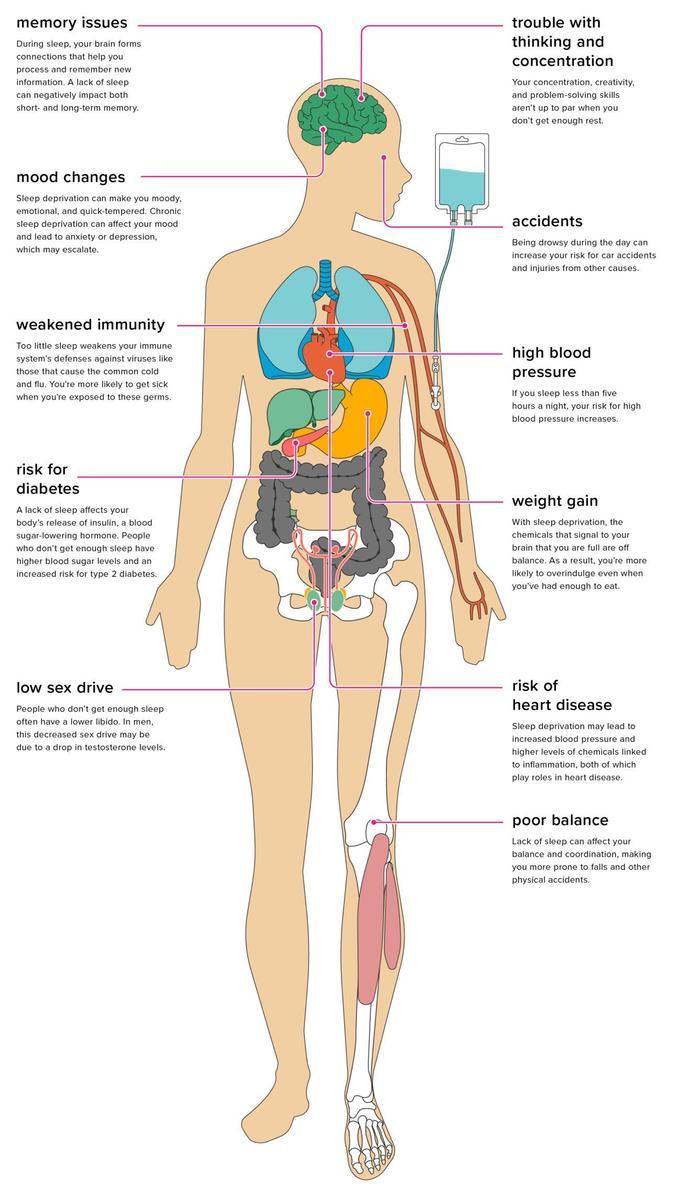College Counsellor

Sleep is a key indicator of wellbeing
Sleep is vital to our health, safety, and overall well-being. Australia’s largest survey of children’s wellbeing, the ‘Happiness Survey’ has found that kids are happiest when they are getting a good night’s sleep.
Sleep recharges the brain, allowing it to learn and make memories. Andrew Fuller, a clinical psychologist explains the physiological impact of sleep on our brains: “Getting enough sleep is one of the most powerful ways we can protect ourselves against depression. The structures in the brain that support the most powerful antidepressant, serotonin, are built and re-built between the sixth and the eighth hour of sleep”.
Australia’s Sleep Health Foundation recommends that children aged 6-13 years-old have 9-11 hours of sleep a night, and those aged 14-17 years-old have 8-10 hours. But it also recommends against getting less than 7 hours or more than 11-12 hours a night.
Kids are upfront that their electronic devices can get in the way of sleep. Some 29 per cent report that on at least some nights of the week their device stops them from getting enough sleep. The issue is more common for older children (aged 12-18) with 37 per cent blaming their devices compared with 27 per cent among younger kids (aged 6-11). About 47 per cent reported that they regularly slept within reach of their device. Another study by the Woolcock Institute of Medical Research stated that 70% of Australian High School students are sleep deprived because of technology, with more teenagers using smartphones, tablets, televisions, and gaming consoles late into the night. The situation is reportedly made worse because 40% of students are self-medicating with at least two energy drinks per day.
Sleep impacts on us physically, mentally, and emotionally. Insufficient sleep has been linked to car crashes, poor work performance and problems with mood, feelings of sadness and irritability, poor relationships, reduced alertness, poor concentration, and poorer academic performance. It also raises the risk of high blood pressure, heart disease, diabetes, obesity, depression, and stroke. In fact, sleep deprivation produces impairments equivalent to those of alcohol intoxication. Studies have assessed the adolescent average of 5.5 hours of sleep per night to be equivalent to a 0.08 blood alcohol level. A sign that you shouldn’t be driving a car, but you are also not performing any tasks as well as you are capable.
Here are some tips to promote a good night's sleep
Try to get up at about the same time each morning.
- Do physical activity during the day, preferably outside.
- If you're worrying about things during the night, set aside some time for problem-solving during the day.
- Avoid drinks that contain caffeine (e.g., tea, coffee, or soft drinks) after 4pm as it’s a brain stimulant.
- Allow yourself time to wind down before going to bed. If you're working or studying, stop at least 30 minutes before bedtime. Try to relax before bed, avoiding phones, tablets, and TV.
- Try mindfulness, relaxation activities to aid sleep including Apps such as Smiling Mind or Insight Timer
- Keep your bed for sleep not studying or watching movies etc. so your brain learns to associate going to bed with sleep
For more information and handy hint on sleep, please check out School TV, which has some great interviews, fact sheets and resources.
Here is the link to the Sleep edition:
https://mccww.catholic.schooltv.me/newsletter/sleep
If you do have any concerns about the wellbeing of your child, please contact the school for further information or seek medical or professional help.
Karen Surian College/School Counsellor



